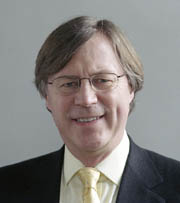Marathon2500 Podcast Library
 Sunday, September 25, 2011 at 2:28PM
Sunday, September 25, 2011 at 2:28PM With the Marathon2500 program now complete, the Reading Odyssey intends to preserve this podcast library of all 9 lectures for at least the next 2,500 years. The Marathon2500 podcast library is provided at no charge with the support of leading scholars, the Reading Odyssey board of trustees and our sponsors.
Listen to or download any of these lectures (just click on the links):
The Context and Meaning of the Battle of Marathon (Sept 28, 2010)
Professor Paul Cartledge
The Battle Itself (Oct 12, 2010)
Professor Peter Krentz
The Life of a Soldier: Persian and Greek (Nov 10, 2010)
Professor Victor Davis Hanson
The Persian Version: Battle of Marathon from the Persian Perspective (Jan 18, 2011)
Professor Thomas Harrison
Marathon and the Moderns (Feb 9, 2011)
Ultra-Marathoner Dean Karnazes and Professor Paul Cartledge
War and Sports (April 5, 2011)
Professor Tom Scanlon
Herodotus and the Invention of History (May 10, 2011)
Independent Scholar Robert Strassler
Epilogue: What happened after the Battle of Marathon (June 8, 2011)
Professor John Marincola
The Context and Meaning of the Battle of Marathon: Why We Have Celebrated (Sept 23, 2011)
Professors Paul Cartledge, Thomas Harrison, John Marincola, James Romm and Robert Strassler

